Factors to consider when choosing a business account
Among the long list of things you need to do when setting up your business in the US, is the act of opening a business bank account. Your business will constantly need money for its expenses and will generate profit by marketing its products or services.
You will need a proper business account to handle these transactions and have records. As a personal account is for your own expense, a business bank account is for the credit and debit of the business.
From SMBs to big enterprises, a business account is essential to manage the expenses, income, profit, taxes, and money transfers. Legally, you can also manage your business transactions without a business account if you have a small business. Still, having a business bank account can help you with spending management and tax returns.
Why do companies need a business account?
Your business bank account represents your business as a whole and not you, whereas a personal account does vice-versa. Your clients and vendors can also see the account information, and it might sound odd to them to write a check to you directly.
Sending a check to a personal account will also create trouble at your client's end, as the labeling will be unclear.
Checks addressed to your personal account can make your company look unprofessional and unethical. There are few clients who downright reject sending payment to personal accounts for this very reason.
Filing tax returns won’t be a smooth road for everyone. Nevertheless, you will know what to do when you have all of your expenditure and income ensemble all in one place.
To identify your tax applicable and deductible expenses with no trouble, you will need to have accounts payable records organized in one account.
However, when you mix your personal and business disbursements, your accounting team will have a hard time filing tax returns every year. Whether or not you pay taxes at this moment, creating an online business account today can save heaps of time for you tomorrow.
Knowing how much you have made out of your business is important. This accounting is not just for monitoring purposes but also to determine profitability. You can gauge the expenses, profit, and revenue, only when you have a separate business bank account. Typically, accounting teams spend 4 to 6 hours working on accounts payables and receivables.
These transactions will be a whole mess without a separate account for your business. Accountants may spend hours sorting transactions. A business bank account is vital to reducing the workload of your employees. Mixing personal and business accounts can turn into tax implications as well.
What to consider before opening a business account
Before opening a business account, it’s important to assess whether your business truly requires a business bank account or if alternatives to business bank accounts, such as neobanks, community banks, digital business accounts, etc. would be a better fit for your specific needs.
Many businesses, especially small or newer ones, may find that alternatives offer greater flexibility, lower fees, or features more aligned with their financial operations.
If, however, a business bank account is what you need, you first need to decide if you will start with a business checking account, a business savings account, or both, depending on your cash flow needs and financial goals. It is then essential to consider the following factors to ensure a smooth and efficient experience of opening a business bank acccount.
Introductory periods
To encourage SMBs and startups to create business accounts, they are generally given introductory period offers. It can be a reduced maintenance charge for some grace period or a signup bonus. Compare the introductory offers that different business accounts give.
Make sure you get to know them before choosing a provider. If a business account has an excellent introductory offer and other business account benefits that suit your requirements, you can go for that.
Fees & charges
There are account maintenance charges for business accounts. Even if they claim no or low costs, some hidden prices might lurk. So, it’s wise to go through the charges break-up for business account opening and maintenance. When you are at the starting point of your business, you will not want to spend more on unwarranted charges.
These maintenance charges can be either monthly or annual. Many business owners overlook this because they might have been awarded an introductory offer during the business account opening period.
The sneaky or sudden increase in maintenance fees can wreak havoc on your business funding. So make sure you are well aware of the bank’s pricing plans before onboarding.
Support offered
Banking functions have downtime too. And even though you have an online business account banking system, sometimes talking to someone from the bank can sort out your queries. Dealing with finances and transactions all the time, your accounting and finance team will need more support from your bank than they have to offer.
It can be phone call support, chat, AI, emergency helplines, 24/7 customer support technicians, or in-person visits. Traditional banks will not be able to provide you with this dedicated level of customer support, and it can mess with your day-to-day financial activities.
Here at Volopay, a dedicated account manager will be there for you right from onboarding. They will make sure that your experience with the business account is smooth sailing.
Limitations on transactions
The major disadvantage with the business accounts from traditional banks is that they put limitations on transactions made per month. If you exceed the limit, you will be charged with an additional maintenance charge.
This fee gets automatically deducted from your account. There can also be limitations on the cash you deposit every month. These limitations are going to be huge roadblocks when your business booms and you gain more vendors and clients.
But in the case of business accounts, there are no limitations, and you can do as many transactions as you need. And there are no restrictions on how much you can deposit initially.
Minimum account balance
Traditional banks require you to maintain a minimum balance in your account. But in the case of business accounts like Volopay, you enjoy a zero balance facility. If there is a minimum balance that needs to be maintained, you must make sure that the money flow is always way above that.
If the minimum balance is disturbed, you might also face an additional charge. Managing the cash flow can become more problematic if an actively running business has constraints on its banking account. Current-day Business accounts like Volopay don't set up limits on the amount you maintain and deposit.
Security
It’s normal to have higher expectations on security aspects as you will deposit your money and handle your cash flow through this business account. Since these business accounts are cloud-based, physical security will not be in the picture.
But digital security is. At any point, you wouldn’t want to compromise, as the whole reputation of your business lies around this. While the debate on ‘is cloud safe’ is still going on, it’s wise to give preference to business accounts backed up with bank-level encryption technologies.
Ease of integration
The general day-to-day activities of your accounting team include handling credits and debits and making sure every transaction is recorded. For this, they use a wide range of software and tools. When you have a traditional bank account, it’s next to impossible to integrate with your other systems.
Banks don't allow this functionality as they don’t trust third-party software and potentially identify a threat in them. However, modern business accounts come with automatic reconciliation features.
This updates into the system any changes that happen in the bank account whether a credit or debit. Volopay business accounts are specifically designed to work with other accounting applications and spare manual work.
Corporate cards
As your business grows and you have your separate accounts team, it’s time for you to delegate the responsibility of processing the bills and invoices. The ability to create and assign corporate cards for different payment functions shows the height of innovation in banking.
You can use corporate cards to manage SaaS-based subscriptions fees, employee expenses, recurring payments, etc. Volopay has a card management system as well, through which you can create physical and virtual cards for recurring and subscription payments and manage employee expenses.
Why should you choose Volopay for your business accounting needs?
We notice businesses struggling with the business account opening and payment management, finding it hard to understand the nuances of global payments and business accounts. It shouldn’t be this hard to get a hold of spending and finances, right?
All-in-one accounting for businesses
Volopay provides a comprehensive spend management and business accounting software that’s revolutionizing how companies make payments. Expense management is challenging, especially when scaling and dealing with more clients and vendors.
With Volopay, you can de-stress and not worry about handling the finances but focusing on important things like vendor relationships, timely payments, secure transactions, etc.
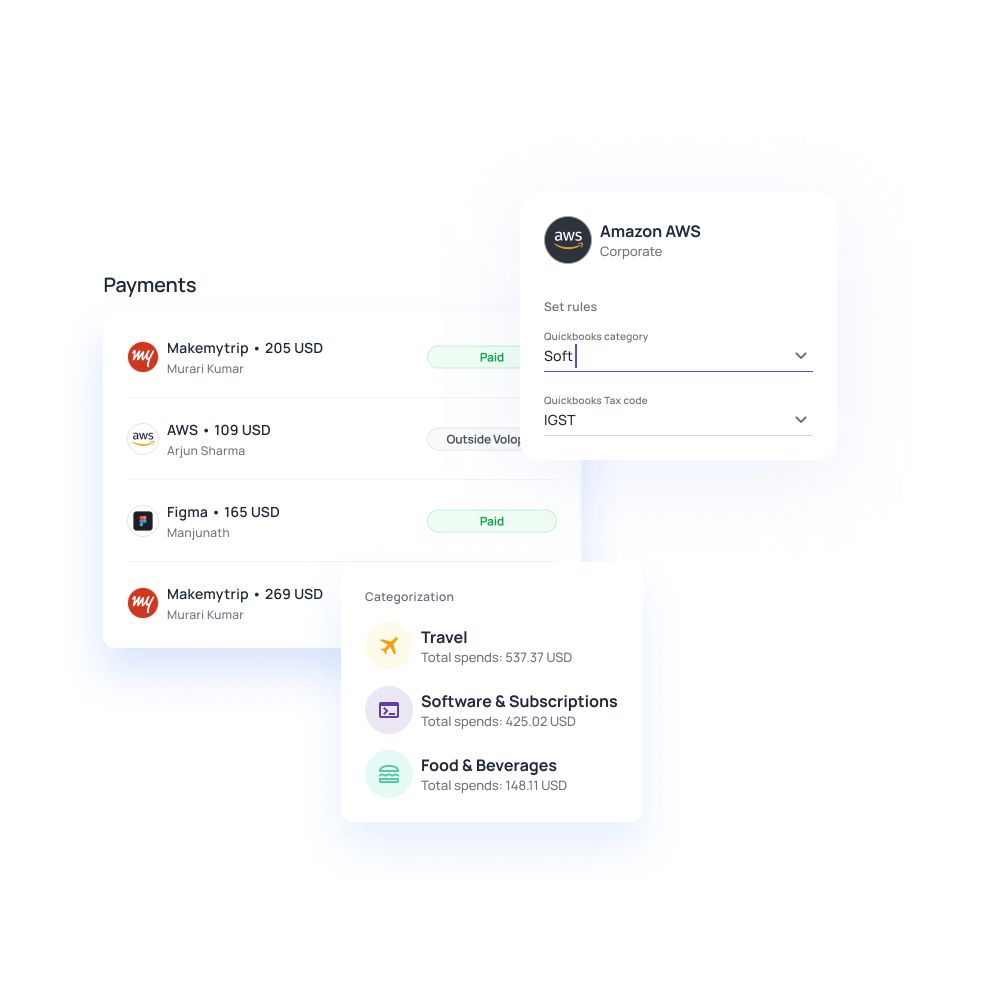
Multi-currency wallets
One of the major highlights of Volopay is the multi-currency wallets feature. These wallets let you hold accounts in different currencies. Being able to maintain multiple currencies can help you perform business and financial operations in other countries and currencies. Just what you need to spread your roots and shop or sell globally!
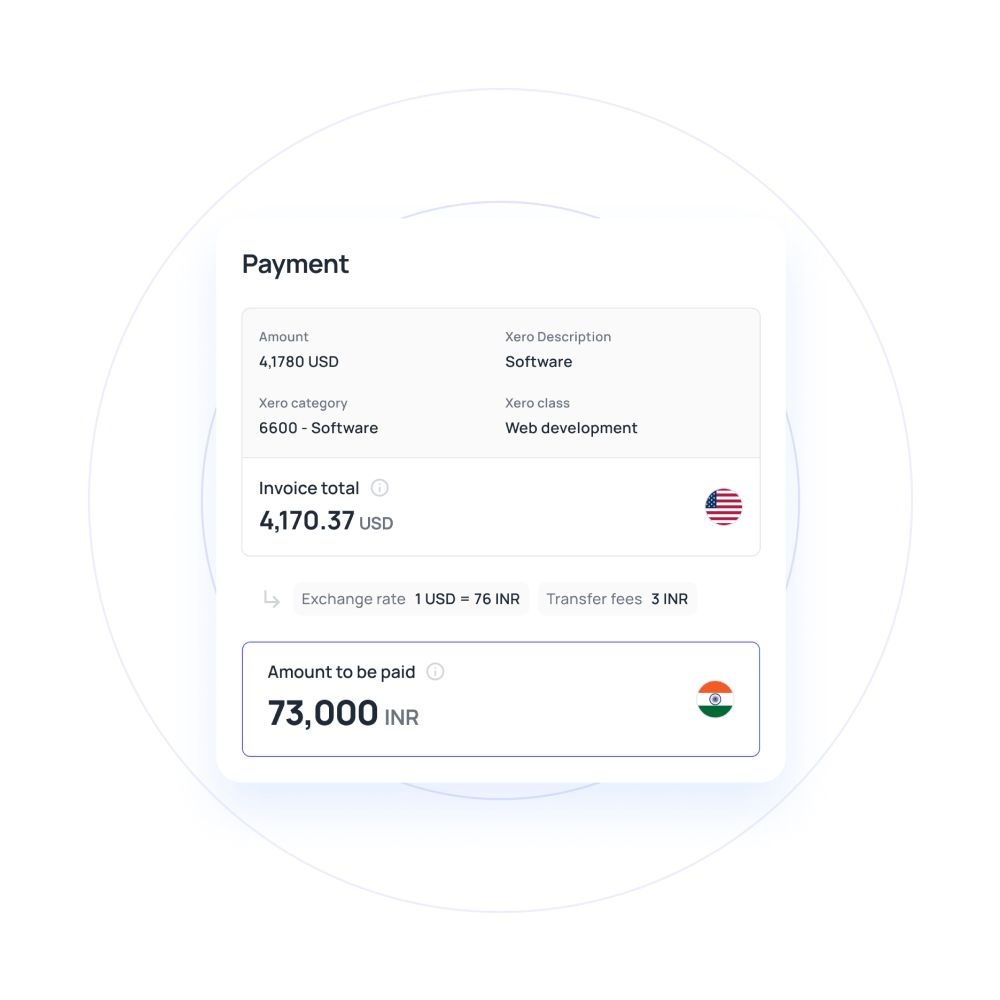
Expense reporting made easy
Accounting people juggle multiple windows and tabs on their computers while performing bookkeeping functions. Supposedly, there is a unified platform that lets them do expense tracking, invoice processing, card management, approval workflow setting, and many others in one place; imagine how painless it would be. That’s what Volopay does! You have all the features mentioned above in one spend management software.
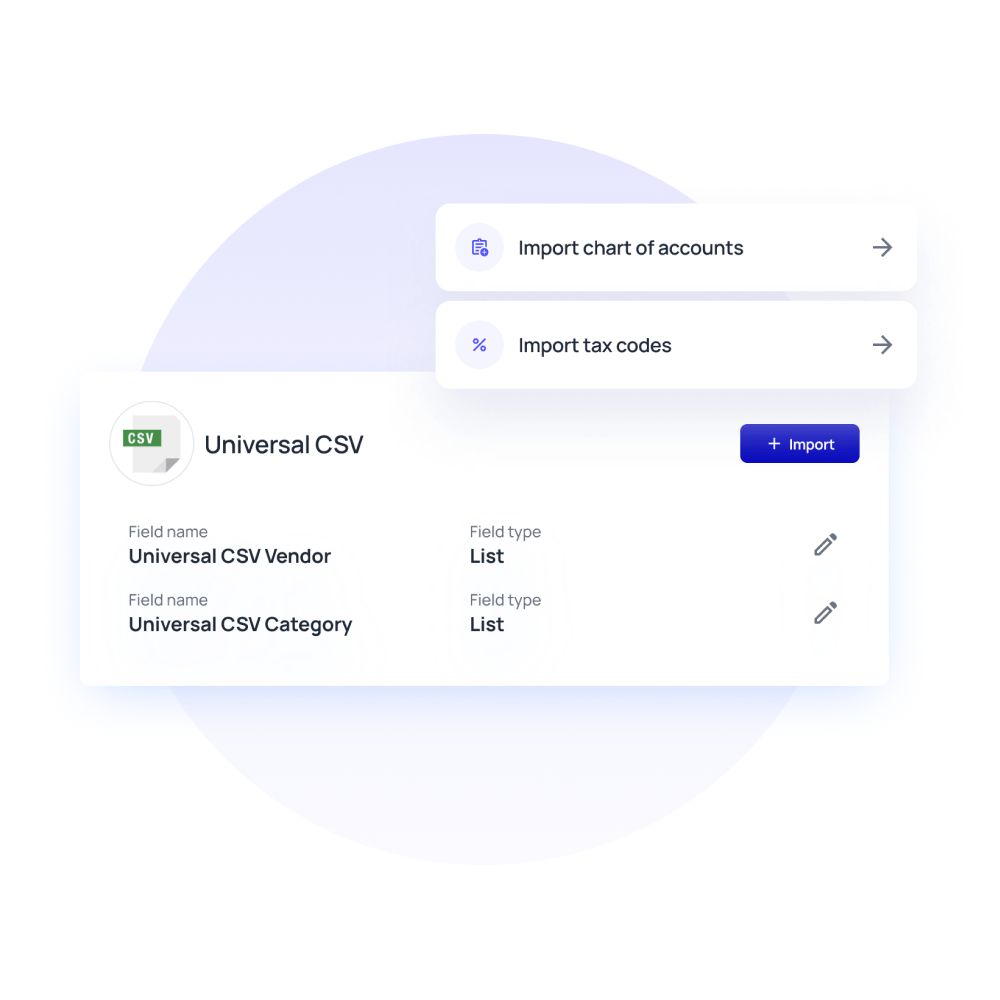
Seamless accounting integrations
Let your accounting team lay back even more by avoiding the manual tasks they do. Integrations with other accounting software have never been this quicker. Volopay’s spend management software integrates seamlessly with other accounting software like Xero and Quickbooks.
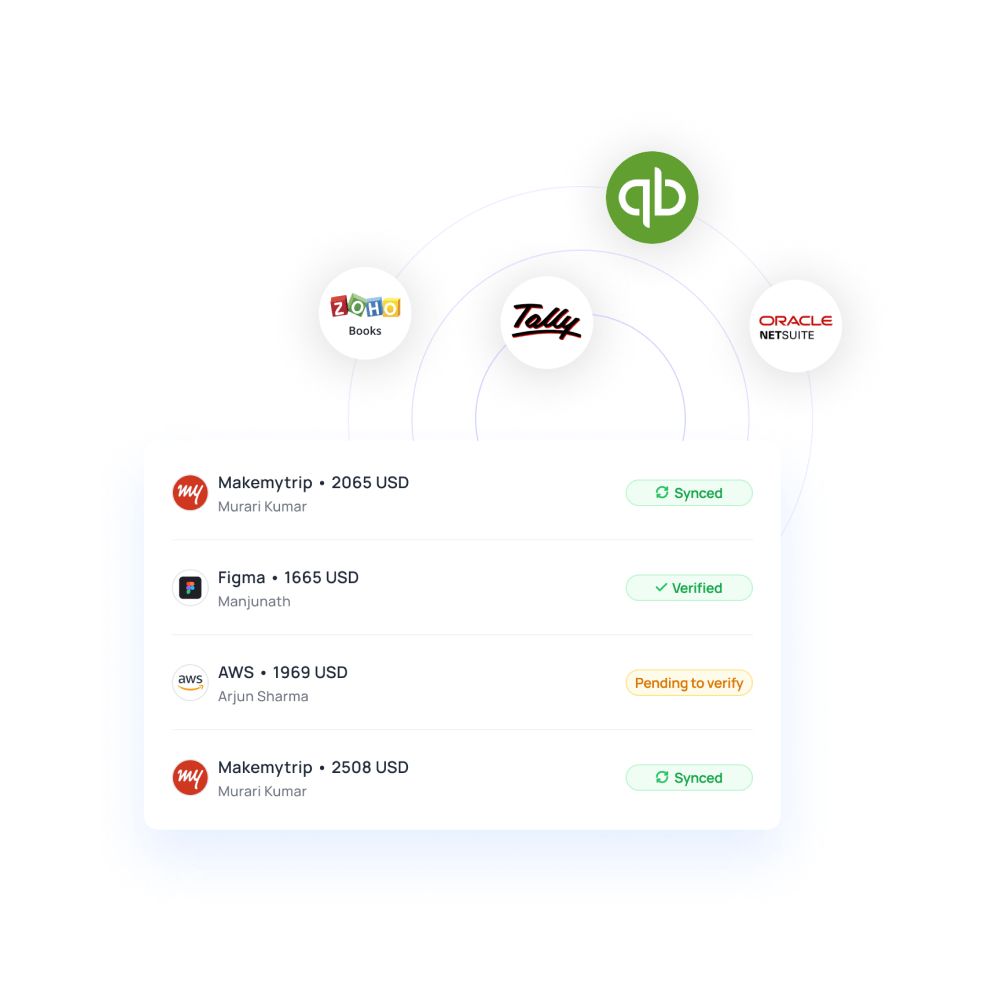
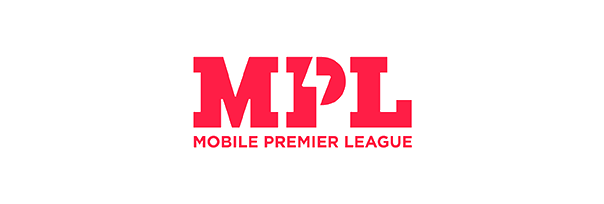
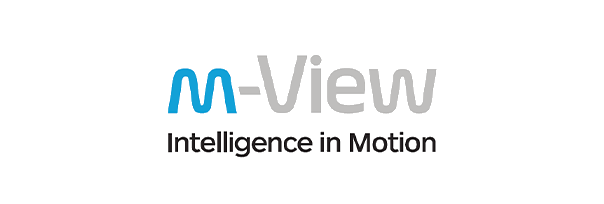


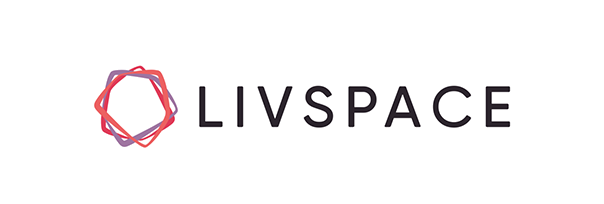

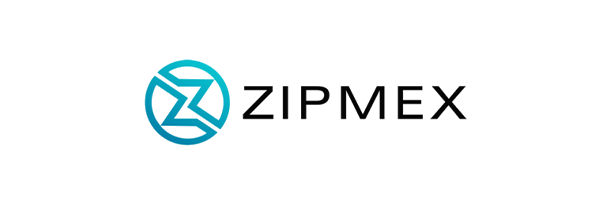

Trusted by finance teams at startups to enterprises.